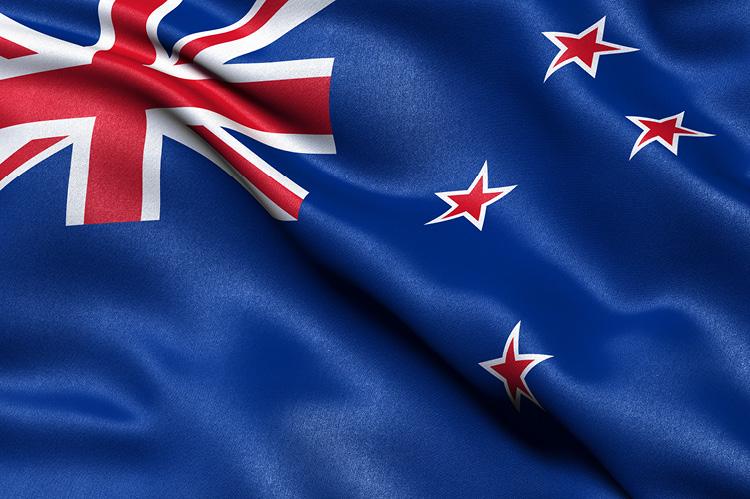Firstgas Group Boldly Envisions A Carbon-Free Future

Firstgas Group, a swashbuckling, innovative New Zealand gas company with over 2,500-km of high pressure transmission pipelines and 4,800-km of distribution pipelines in the North Island, has announced a zero carbon gas future for the Kiwi nation. This is based on the results of its Hydrogen Trial Study in which gas pipelines would be de-carbonized, with hydrogen blended into the natural gas pipeline network from 2030. Firstgas says 100 percent of the pipeline network would be converted by 2050.
The company's press release states that hydrogen blends of up to 20 per cent reduce the carbon emissions of natural gas users without requiring any change to existing appliances. The blends will be phased in regionally from 2030. The conversion of networks to 100 per cent hydrogen gas will begin from 2035, allowing time to plan for appliance replacements that can operate on pure hydrogen. Complete conversion of the gas network to 100 per cent hydrogen is scheduled for 2050. The report found sufficient demand in high temperature process heat and heavy transport to support a viable hydrogen industry in New Zealand. It is expected that hydrogen will substantially replace fossil fuels for ‘hard to abate’ emissions – those where electrification is not possible. This means gas users can meet the objectives of the Zero Carbon Act without resorting to electrification or carbon offsets, and without the need to replace their current gas equipment.
Paul Goodeve, Firstgas Group CEO, said the announcement was a major milestone for Firstgas Group, the gas industry and gas customers. “I know many New Zealanders have been unsettled by some proposals about the future of gas. We’ve been challenged by that, and we’re meeting that challenge. “The benefits of gas are here to stay in a cleaner future of zero carbon gas.”
Hydrogen Project Leader, Angela Ogier, expanded on hydrogen’s unique value. “Hydrogen is zero emission at the point of use. It replaces use of fossil fuels that electricity is not well suited to replace, such as in heavy transport and process heat in manufacturing industries. “We all know that coal and gas are burnt to produce electricity during dry-years and winter demand peaks. Hydrogen can replace those uses and reduce total emissions from the energy sector by 25 per cent. Ogier added that the report found broad use of green hydrogen, alongside and in support of renewable electricity, to be the best way to balance competing energy sector objectives. “Integrating hydrogen with our energy mix gives New Zealand the best available balance of energy security, energy equity, and environmental sustainability.
“I am incredibly proud of the innovation we have harvested and the strong future this gives everyone who uses gas or is involved in the industry.” Angela Ogier said.

